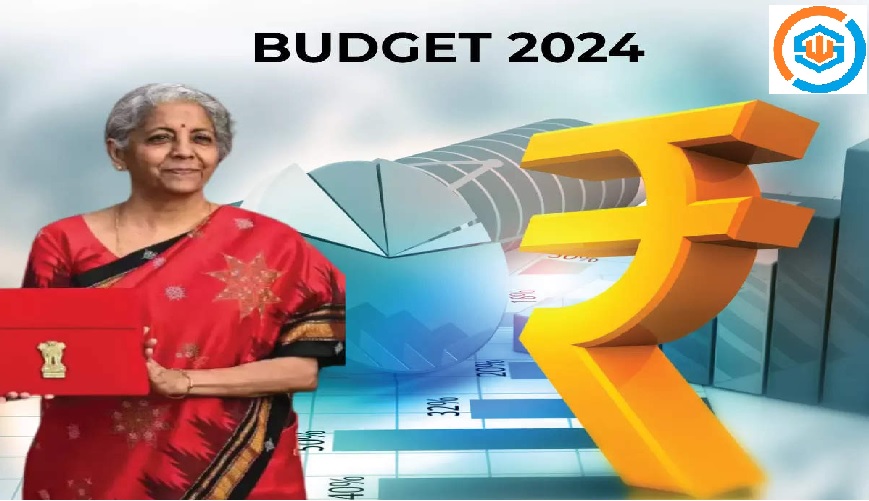
- 19 Feb
- 2021
It takes a bit of courage to remain fully invested: Sunil Subramaniam
It takes a bit of courage to remain fully invested: Sunil Subramaniam
There is need to identify PSU banks based on sector specific analysis, says Sunil Subramaniam, MD & CEO, Sundaram Mutual
From the pre Budget low, the market is 15% higher. Do you think that one-time rerating because of the Budget is already in the price and there is reason to believe that the market should pause and consolidate. If we continue to run up like this, soon we will move from excitement to euphoria to bubble?
I probably agree with what you are seeing. The only counter to the thought process is that the rally is polarisation of what already went up. The depth of the Indian market is much broader and there is the capacity to absorb a lot more liquidity. So when you are talking about the market at 15% high, you are talking about certain sectors. If you break up those sectors, some have very deep value. So that 15% means nothing in terms of the catch up. Some sectors which were already reasonably valued because they were FII favourites and any further runup could be breathtaking. Here we could see a little bit of profit booking as well. So, it will be a mixed bag. Keep your focus on the follow through from the Budget announcements where it is going to benefit over the medium term. There is a lot of space for upward moves in prices and may not be necessarily reflective of the indices which are in any case a narrow set of stocks.
We are seeing a charged-up PSU space. As a fund manager, what is your call?
PSUs are roughly classified into two parts. There are PSU banks and there are others. PSU banks are different because there is a clear strategic process towards consolidation, merger and having a few large banks. The PSU banking space has got interesting because we are going to end up with a better product. Whichever bank mergers with whichever bank, ultimately it is going to be a very healthy bank.
The buying interest in PSU banks comes from that strategic disinvestment thought process that the government has laid out, supported by a bad bank as well as some amount of capitalisation. Ultimately any economic recovery needs the PSU banks to lend and support that recovery. That is where their net interest margins and everything else move up.
Coming to the non-banking PSU space, two things are at play -- where there is going to be disinvestment and where there is going to be strategic divestment. Strategic divestment is quite attractive because PSUs have a wealth of assets -- be it land, historic licenses, land pockets, coal pockets and coal licenses. There is a huge wealth there and if you are going to privatise and you are strategically going to divest, the public sector will no longer be a serious player there. There is a huge scope for upward move.
Those valuations which have been very low suddenly look very attractive and are worth looking at, that is one aspect. But one should be cautious there. Letting go of a little more of the government’s holding to the public is not a great thing unless they are going to give a discount to their fair value. We will have to wait and see how the government approaches it.
Finally, one has to pay attention to the sector in which the PSU belongs and then to the PSU itself. For example, commodities have been at historic low but as the world recovers, commodities also recover. PSUs historically have been very heavy in the commodity space. Second is defence PSUs. There are pockets where the government’s budgetary direction and the divestment process could add value. So, I would be very selective. There are a lot of pockets where PSUs are looking attractive and it is better to get in early so as to get at least a small allocation. You can expand the allocation later as clarity emerges.











